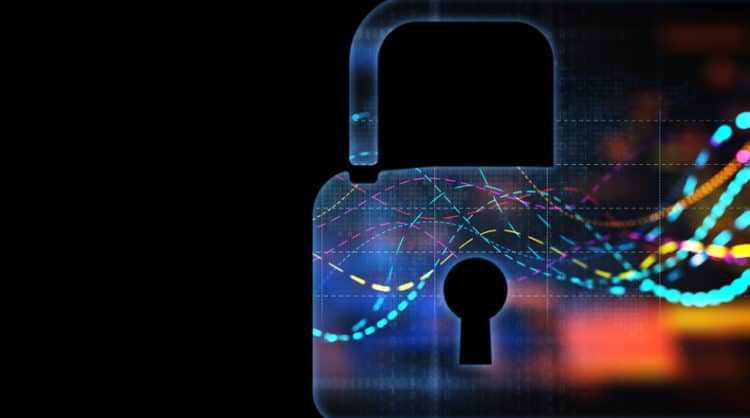Are organisations in Asia Pacific doing what it takes to guard themselves against cybersecurity challenges?
According to Cisco’s 2021 Security Outcomes Study for the Asia-Pacific markets, 36% of the region’s organisations reported successfully navigating current cybersecurity challenges in today’s remote-first world with software and cloud-first strategies.
This global study, which is based on a double-blind, independently analysed survey, includes 2,110 cybersecurity, IT and privacy professionals across 13 markets in Asia Pacific, including Australia, mainland China, Hong Kong, India, Indonesia, Japan, Malaysia, Philippines, Singapore, South Korea, Taiwan, Thailand, and Vietnam, Cisco said.
On average, organisations in Asia Pacific that have a proactive tech refresh strategy are 15% more likely to report overall security success — the highest of any practice, Cisco noted.
This is most significant in China, where organisations doing this are 31% more likely to report successful security programs, followed by Thailand (30%), Australia (23%) and Japan (20%), the firm added.
However, not all organisations have the budget or expertise to make this happen, also known as the “Security Bottom Line”,according to Cisco, adding that a strategy to migrate to cloud and SaaS security solutions can help close this gap.
Study highlights
- A well-integrated technology stack is the second most important factor for cybersecurity success, Cisco said, adding that it has a positive impact on nearly every outcome evaluated, increasing the probability of overall success by an average of 7%.
- Such integration also benefits the recruitment and retention of talent, as security teams want to work with the best technology and avoid burnout, the firm pointed out.
- Integration is also the most significant factor in establishing a security culture that the entire organization embraces, according to Cisco.
- Instead of traditional security training programs, which do not correlate with a positive culture, investment in technology that is flexible and frictionless is shown to have a greater impact on overall security.




